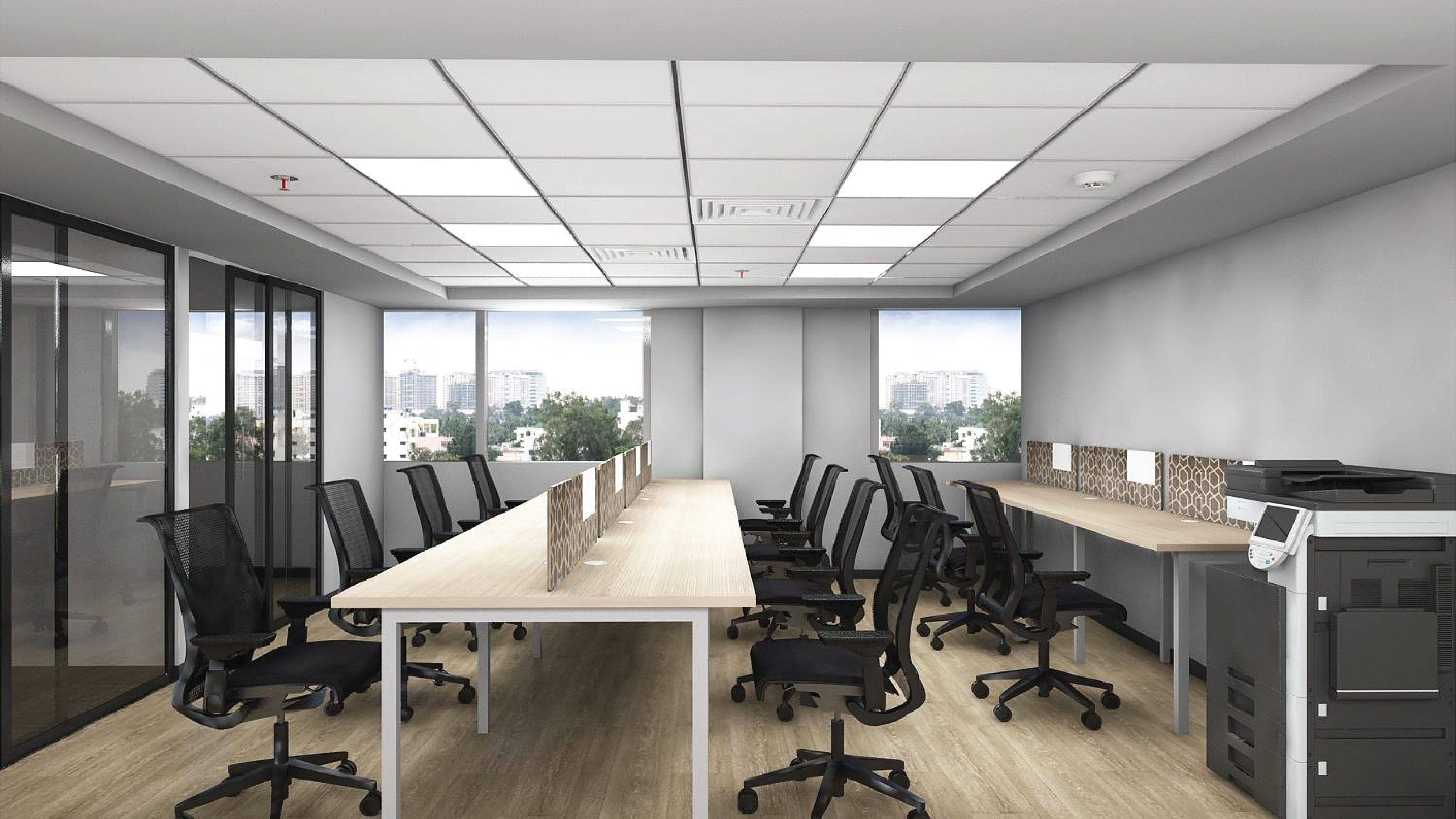• MEETING ROOM EXCLUSIVE: 50% OFF* on first booking | 25% OFF * on full day booking. • • MEETING ROOM EXCLUSIVE: 20% OFF * on booking for 4-8 hours | 20% OFF * on Saturdays. •
• MEETING ROOM EXCLUSIVE: 50% OFF* on first booking | 25% OFF * on full day booking. • • MEETING ROOM EXCLUSIVE: 20% OFF * on booking for 4-8 hours | 20% OFF * on Saturdays. •
• MEETING ROOM EXCLUSIVE: 50% OFF* on first booking | 25% OFF * on full day booking. • • MEETING ROOM EXCLUSIVE: 20% OFF * on booking for 4-8 hours | 20% OFF * on Saturdays. •
• MEETING ROOM EXCLUSIVE: 50% OFF* on first booking | 25% OFF * on full day booking. • • MEETING ROOM EXCLUSIVE: 20% OFF * on booking for 4-8 hours | 20% OFF * on Saturdays. •



Slider 1
Slider 2
Slider 3



Slider 1
Slider 2
Slider 3
Featured Insights
Article by
- Shatyaki Singh
- General Manager, Andovar Localization Service Pvt Ltd.
Article by
- Natasha Madan Kher
- Global QTP Lead, Trust and Safety, Accenture
The workspace industry is being challenged by a new generation of talent with dynamic choices who are all set to join the workforce that’s currently led by a relatively older generation. Amid a diversity of the demographically vibrant team, organizations are looking to offer office spaces that cater to the needs of each generation’s workplace needs. How can organizations make this shift and evolve their workspaces over time to stay relevant, efficient, and competitive to hire and retain the best talents in the market?
The definition of an office is forever evolving with the pandemic changing the idea of a traditional workplace. Organisations and employees alike had to adapt quickly and with vaccinations rollouts and gradual easing of restrictions, they have begun to reconsider the concept as well as purpose of an office space. It has become important to reshape workplaces for the modern workforce and the post pandemic offices of tomorrow will have to be redesigned in such a way that it meets the changing needs and expectations of employers and employees, both.
The years 2020 and 2021 have forever changed the way organisations function around the world and with emerging trends and new learnings, the CRE industry had to quickly re-strategize and adapt accordingly. And while the ever changing normal has drastically impacted the CRE sector in 2020, better days are expected, going forward as the industry reimagines its strategies to overcome the difficulties brought about by the pandemic for a sustained recovery and to gain momentum in the coming years.
Growth of the Indian economy and its impact on the commercial real estate market, as well as the rise of flex space in recent years
Insights on the role of HR in aligning workspace culture and workspace design with business priorities to build thriving start-ups.
Join Tarun Katial as he shares his insights on the importance of building a more inclusive workplace through flexibility and collaboration.
- February 2026
Chennai’s office geography has always had familiar anchors, the traditional CBD, legacy business districts along Anna Salai, and the newer IT corridors stretching down the OMR.
- February 2026
Pune in 2026 is a serious office market for teams that want scale and talent without metro-level overheads. Leasing activity stayed strong through 2025, and the pipeline for Grade A continues to expand.
- February 2026
A managed office space is fully operational from day one. The workspace is set up in advance, internet connectivity is in place, and all facility maintenance such as air conditioning and upkeep is handled on your behalf.
Share your knowledge and perspectives with us on insightshub@awfis.com to get featured on our platform.
Sign up for our newsletters
{{newUpdatepic}}











